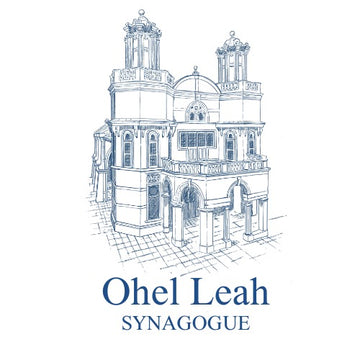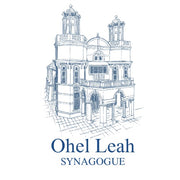How do we celebrate Purim?
Purim, one of the most festive and joyous Jewish holidays, commemorates the salvation of the Jewish people from the wicked Haman as recorded in the Book of Esther.
In this article, we will explore how to celebrate Purim ensuring the holiday is observed with reverence, joy, and adherence to the teachings of the Torah.
- Observing the Fast of Esther
The day before Purim, Orthodox Jews observe the Fast of Esther, commemorating Esther's fast before approaching King Ahasuerus to plead for the Jewish people.
The fast begins at dawn and ends after nightfall. However, it is important to consult with a rabbi or a reliable Jewish calendar to determine the exact times for starting and breaking the fast.
- Reading the Megillah
The centerpiece of Purim celebrations is the public reading of the Megillah, the Book of Esther. According to Halacha, it is essential to hear the Megillah read both in the evening and the following morning.
Men, women, and children should attend synagogue to listen attentively to the reading, reciting the blessings before and after the Megillah reading. It is customary to use a kosher Megillah, written on parchment by a scribe, for this significant observance.
- Mishloach Manot: Sending Gifts of Food
Purim is a time for giving and celebrating unity within the Jewish community. According to Halacha, it is customary to exchange Mishloach Manot, gifts of food, with friends, family, and neighbors.
Each gift should consist of at least two different types of ready-to-eat foods, such as pastries, fruits, or sweets. It is recommended to include a variety of items to ensure the fulfillment of this mitzvah. Additionally, it is praiseworthy to give Mishloach Manot to those in need as an act of charity.
- Matanot LaEvyonim: Giving Gifts to the Poor
We place great emphasis on acts of charity during Purim. Matanot LaEvyonim, giving gifts to the poor, is a significant aspect of the holiday. It is customary to donate money or goods to those in need, ensuring that they have the means to celebrate Purim joyously.
By providing for the less fortunate, Orthodox Jews fulfill the commandment of helping others and spreading joy during this festive occasion.
- Purim Seudah
A festive meal, known as the Purim Seudah, is an essential part of the Purim celebration according to Orthodox Jewish Halacha. It is customary to enjoy a lavish meal during the day, filled with traditional foods and delicacies.
The meal should include bread, meat, and wine, symbolizing the joy of the holiday. Singing, dancing, and engaging in lively discussions about the Purim story are encouraged during this festive gathering.
- Dressing in Costume:
One unique aspect of Purim is the tradition of wearing costumes. According to Halacha, Orthodox Jews are encouraged to dress in costumes or masks during Purim. This practice celebrates the hidden miracles and concealed Divine Providence in the story of Esther.
Children and adults alike embrace this joyful custom, often dressing as characters from the Purim story or in other creative, imaginative costumes.
- Reciting Al Hanisim and Special Prayers:
During Purim, special prayers and blessings are recited, emphasizing gratitude for the miracles and salvation experienced by the Jewish people. Al Hanisim, a prayer of thanksgiving, is included in the Amidah (silent prayer) and the Grace After Meals.
These prayers recount the story of Purim and express gratitude for God's deliverance. It is important to recite these prayers with devotion and attentiveness.
Celebrate Purim in Hong Kong
Celebrating Purim offers a profound and joyous connection to Jewish traditions and the miraculous events of the holiday.
By observing the Megillah reading, fasting on the day of Esther, giving Mishloach Manot and Matanot LaEvyonim, enjoying a festive meal, dressing in costume, participating in Purim.

